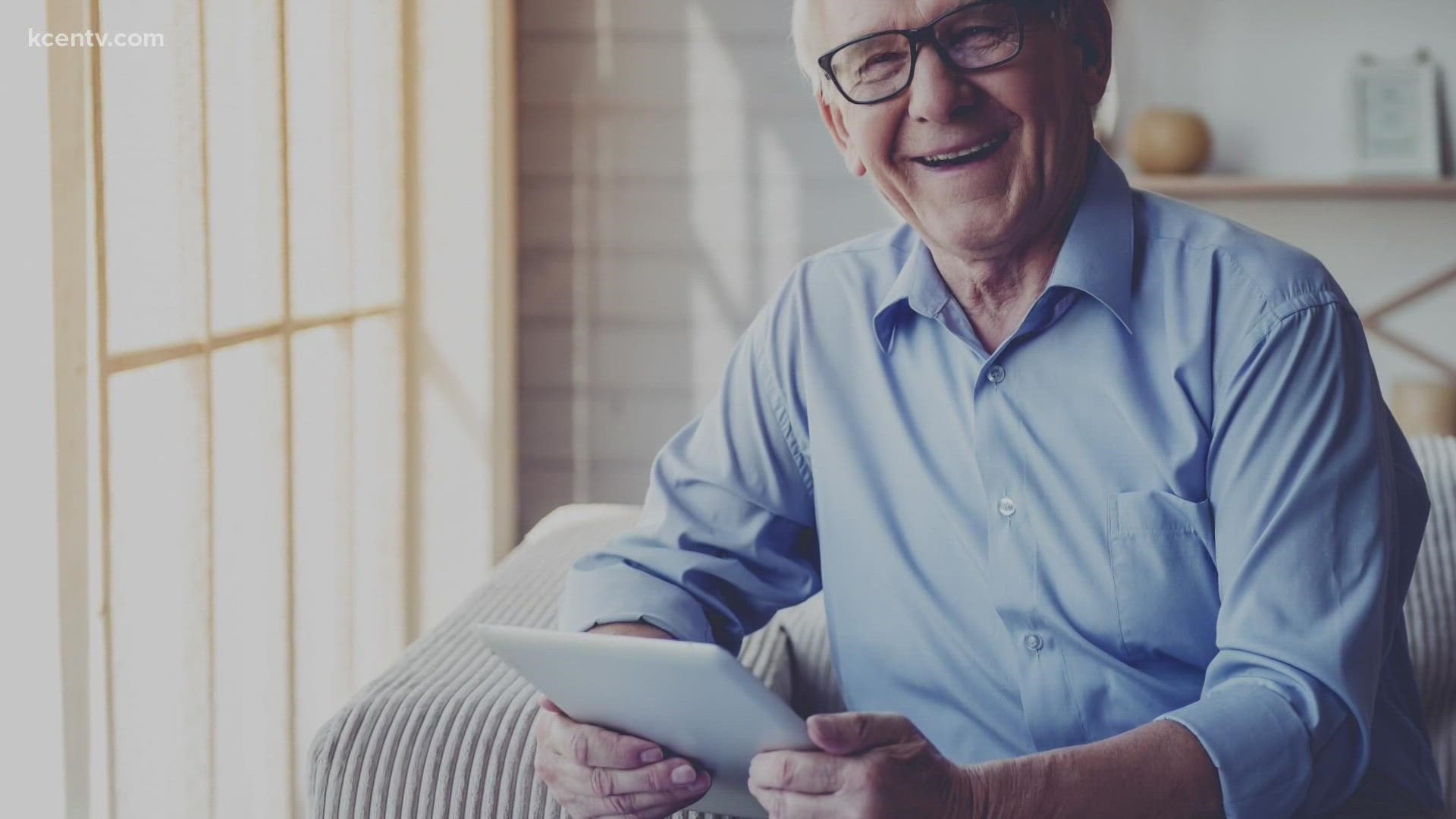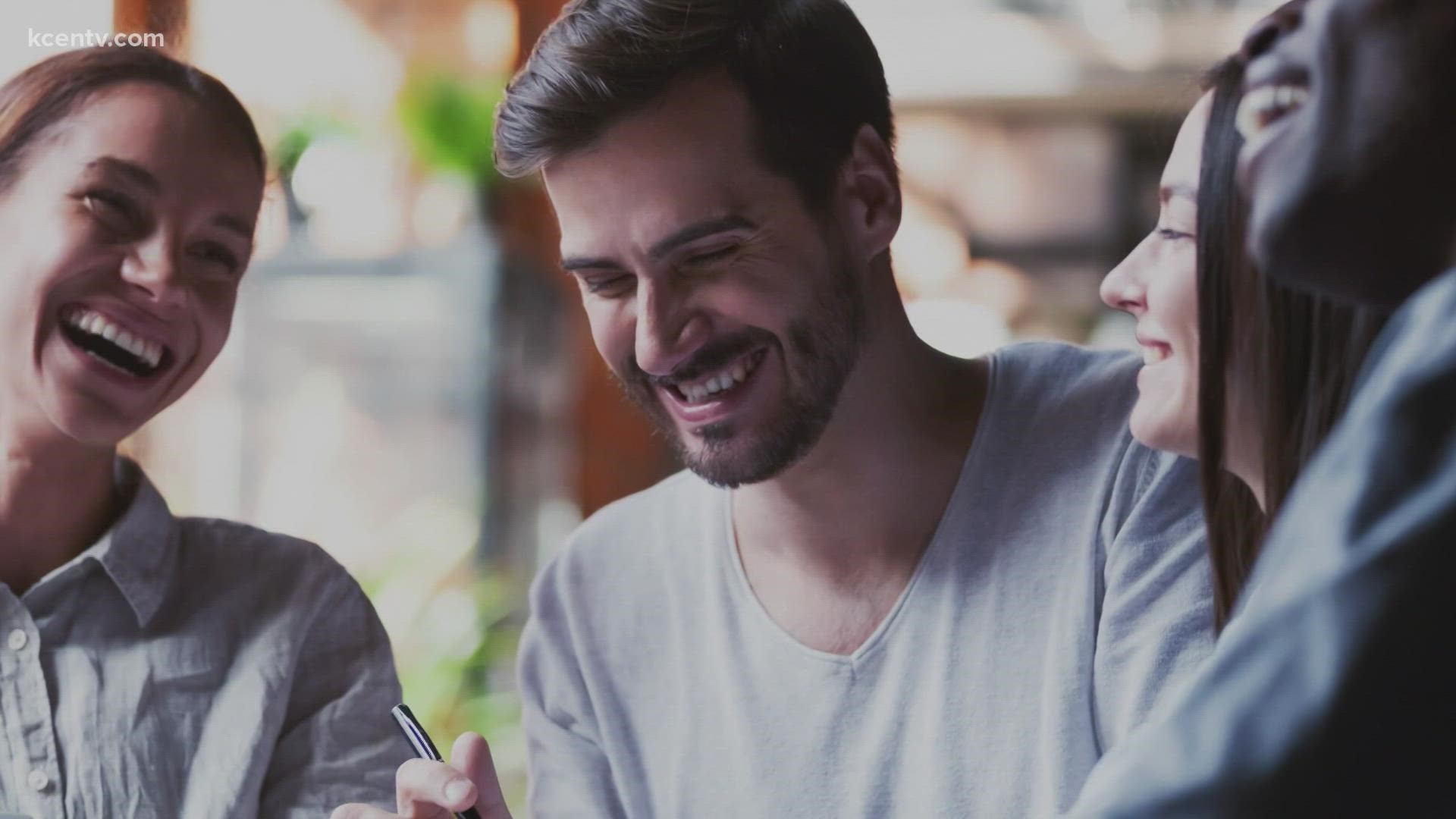WACO, Texas — The mental health struggle that some go through can be painful and it can also be lonely, a combination that's hard to watch.
"Having a support system is incredibly important because nobody makes it through this life alone. We all need help sometimes," said Katie Chadwell, a child and adolescent therapist with The Heart of Texas Behavioral Health Network in Waco.
According to Mental Health America, nearly 1 in 5 people will have a diagnosable mental health condition in any given year. Furthermore, 46% of Americans will meet the criteria for a diagnosable mental health condition sometime in their life, and half of those people will develop conditions by the age of 14.
Chadwell said she isn't surprised by the numbers and actually expects them to be higher coming out of a pandemic, especially for men.
"Our culture tends to tell men that they need to be strong and that crying, being sad, or being fearful indicates weakness," she explained. "This idea sometimes causes men to suppress their feelings instead of being able to express them in healthy ways and get the support they need."
An August 2020 release issued by the National Council for Mental Wellbeing said the importance of having a support system is paramount, likening it to recovery. That same report pointed to a 2015 survey that found the average stress level for people without a support system in place is higher than those without.
"When we are growing up, we are taught to say please and thank you, we are taught to be respectful to our elders by saying “yes ma’am/sir” and “no ma’am/sir”, and we are taught vocabulary words that we will never use but very rarely are we actually taught how to ask others for help when we need it," Chadwell noted.
Tips from the American Psychology Association give many options for people looking to find and, potentially grow, their support network:
- Cast a wide net. When it comes to your social supports, one size doesn't fit all. Look to different relationships for different kinds of support. But remember to look to people you can trust and count on, to avoid disappointing, negative interactions that can make you feel worse.
- Be proactive. Often people expect others to reach out to them, and then feel rejected when people don’t go out of their way to do so. To get the most out of your social relationships, you have to make an effort.
- Seek out peer support. Consider joining a support group to meet others who are dealing with similar challenges.
- Ask for help. If you lack a strong support network and aren’t sure where to start, there are resources you can turn to. Places of worship, senior and community centers, local libraries, refugee and immigrant groups, to name a few.
Chadwell said, when it comes to peer support, trust is crucial but advised to think of it as a multi-layer understanding, not a yes or no question to whether you trust someone or not.
"There are some people we might trust with very basic information, some people we might trust with surface level problems, some people we might trust with deeper struggles, and some people we might trust with everything," she explained.
Furthermore, Chadwell explained, finding compatibility with someone is important in the trust-finding journey.
"Figuring out what your trust spectrum looks like and where the people you care about are on that spectrum can help you better identify which people to go to when you are struggling," she said.
"Trust isn't black and white, it's not trust or no trust there's all of this stuff in between. And I think it's important that people earn our trust and remembering that you are worthy of healthy relationships and people that are going to support you," Chadwell said. "We don't just want to get away our trust to anyone but at the same time a lot of people don't trust others because we know if we trust others we are risking getting hurt."


